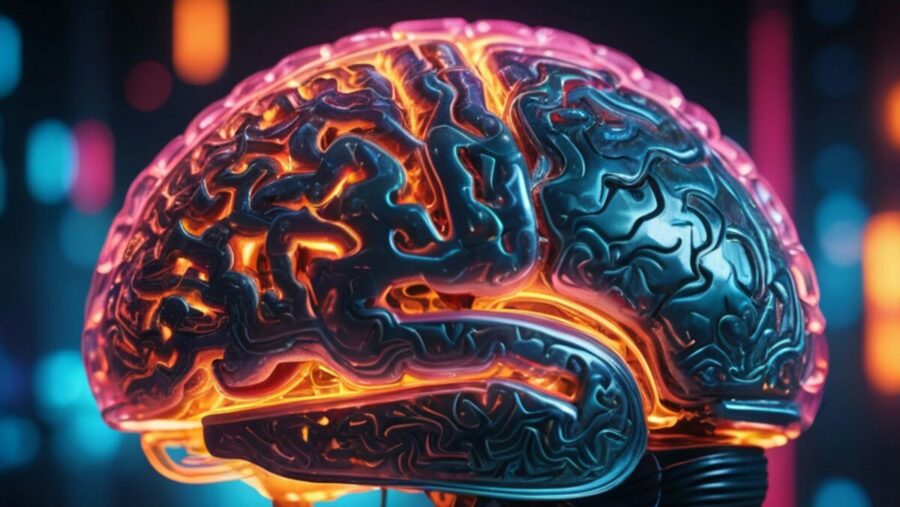Neuroscience teaches us that 95% of consumer desires are in the Nonconscious. A neuroscience-based understanding of Consumer Experience reveals that there are seven dimensions by which the brain parses, ranks, rates, and experiences.
How does the modern marketer design “mind-blowing” consumer experiences? Applying a thin GenAi layer to a regular consumer experience does not fool the smart consumer. A true digital transformation of consumer experience requires a deep dive into the nonconscious of the consumer’s mind and design based on what is contained there. Nonconscious data lakes that contain data consumed by the nonconscious mind of the consumer are the next BIG THING.
What is nonconscious data? It is typically unstructured data and may either be direct data input into the nonconscious mind of the consumer (input), or might be unrevealed intent contained in the outputs of the nonconscious mind of the consumer (output). For instance, music and entertainment are exemplary inputs, while reviews and comments are exemplary outputs.
We examine here how the Neuroscience framework of Experience, a pool of nonconscious data, and the creative prowess of GenAi algorithms can create what Steve Jobs would describe as “magical new” experiences for the consumer.
Consumer experience – the 7-dimensional framework for neuroAi
The seven-dimensional framework the brain uses to evaluate and enjoy experiences lends nicely to co-creation with GenAi. This framework is described in detail in our book “neuroAi – Winning the Minds of Consumers with Neuroscience Powered GenAi,” published by Wiley and available on Amazon. The neuroAi-based Consumer Experience Framework and GenAi blend is as follows:
Information — Is there a single number in lieu of price that enables a consumer to connect with a product or service? GenAi algorithms can play a vital role in extracting these Category-Busting Metrics and making them part of the consumer experience. These differentiating category-defining metrics create a sense of uniqueness and exclusivity in the consumer’s mind, a major contributor to an experience’s ranking.
Interaction — Creative, innovative, multi-sensory hedonistic interactions beyond transactional connections – GenAi algorithms can create interactive and highly personalized experiences for the consumer and with the consumer. Personalization requires a deep understanding of the consumer’s articulated needs, personal, and self-image, and more importantly, a deep understanding of the consumer’s unarticulated and deeply personal self-image – this is again where the nonconscious data lake becomes valuable.
Entertainment — The consumer’s brain seeks entertainment in every interaction and considers experiences that entertain to be superior. GenAi algorithms can create entertainment as part of an experience using the vast stores of nonconscious data that are literally contained in the data lakes.
Education — Experiences that offer an educational component—not a full-blown lecture but a “knowledge snack”—are very interesting and important for the brain. Consumers generally regard an experience where they walk away with one “cool nugget of knowledge” that they did not possess before as a vastly superior experience. GenAi algorithms, when not hallucinating, can find that piece of knowledge from a nonconscious data lake.
Simplicity — the Rule of 3’s. Anything that is performed or learned or done in 3 steps, the brain considers to be simple. GenAi algorithms can simplify, redesign, and re-architect processes into simple “trifectas”. This use of GenAi in 3 step redesigns is a very powerful use in business process re-engineering to make it “fit for human consumption”
Self-Worth — the consumer must leave an experience feeling good about themselves. Understanding what makes the consumers feel good about themselves requires another deep dive into the lakes of nonconscious data. GenAi algorithms can extract facts and tidbits about feeling good that are lodged in the consumer’s mind and then present them back to the consumer as components of the experience. This creates a sense of self and well-being for the consumer.
Community — the consumer’s brain finds an experience with an attached community to be a wonderful longer-term connection to an experience. It happens in all walks of life – honeymooning couples, people in a sales training program, new parents, and deployed military personnel – all walk away with lifelong communities and find the experience which results in communities to be superior experiences. GemAi algorithms can match consumers based on nonconscious similarities who have both experienced the same experience, and these can result in stronger, connecting, and lifelong bonds.
Product innovation straight from the nonconscious
Nonconscious data lakes give rise to embedded memory structures contained within them. Think of Embedded Memory structures as deep, consistent, present rock formations in the depths of the Nonconscious data lakes. These rock formations are where the consumer’s desires, hopes, anxieties, and dreams anchor themselves. If you were a Jacques Costeau diving into these nonconscious data lakes and shining a light on the rock formations there, you would find that you have everything you need to build the next product innovation.
The consumer who could not precisely articulate it would look at it and say, “Gosh, how did you know I needed that?” GenAi provides all of the diving tools to delve into the nonconscious data lake and build the innovations of tomorrow that can change the world.
The next wave of innovation is the fusion of neuroscience, nonconscious data, and AI. This approach enhances consumer satisfaction and drives business success in an increasingly data-driven world. The future of consumer experiences lies in the ability to harness the power of nonconscious data, transforming it into a catalyst for innovation and connection.


 Whether you want to learn how to use LinkedIn, X or Facebook for marketing, or need to brush up on business skills like leadership, presentation skills or managing meetings, you will find something to enhance your professional skills with these on-demand courses.
Whether you want to learn how to use LinkedIn, X or Facebook for marketing, or need to brush up on business skills like leadership, presentation skills or managing meetings, you will find something to enhance your professional skills with these on-demand courses.